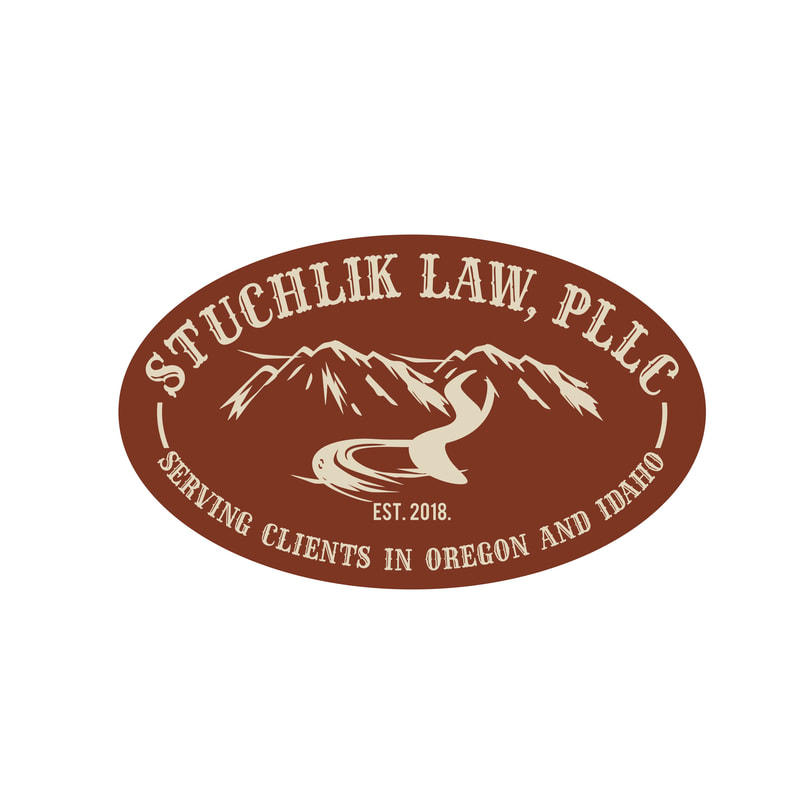|
The importance of planning for long-term care.
By Kiley Stuchlik, Attorney at Law There seems to be a stigma that if we plan for death, it’s more likely to happen. While there is no evidence to support that concern, there is a 100% chance of dying whether we plan for it or not. A smaller, but still quite large probability that looms over us is the likelihood that as we age, we are going to need long-term care. As with planning for death, there is no evidence to support the fear that planning for long-term care will increase the probability that we will need it. Given the likelihood that one will need long-term care, it is important to plan for it and for reasons explained below, it is important to plan for long-term care as early as possible. A person can have his or her long-term care paid for by the state via Medicaid, a program that acts as an interest-free loan to pay for a resident’s basic, long-term care provided all applicable eligibility requirements are met. The state’s interest-free loan will come due upon the Medicaid recipient’s death or upon the death of the surviving spouse of the Medicaid recipient, in the case of married couples. In order to receive Medicaid, one must meet all 5 of the following eligibility requirements:
The bottom line is that long-term care is expensive. The average monthly cost of a one-bedroom unit in an assisted living facility in Idaho is currently around $5,000, or $60,000 per year. That reality makes it even more important to think about long-term care and how one will pay for it. If you have questions about employing strategies to qualify for Medicaid or protect assets, we are happy to help. If it’s a situation that’s outside of our scope of expertise, we’ll make sure to connect you with a trusted expert in the field. |
Details
AuthorSteve Stuchlik - Attorneys at Stuchlik Law PLLC practicing estate planning, probate, real property, and local government law. Archives
December 2021
Categories |
 RSS Feed
RSS Feed
